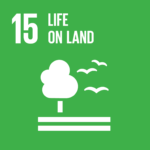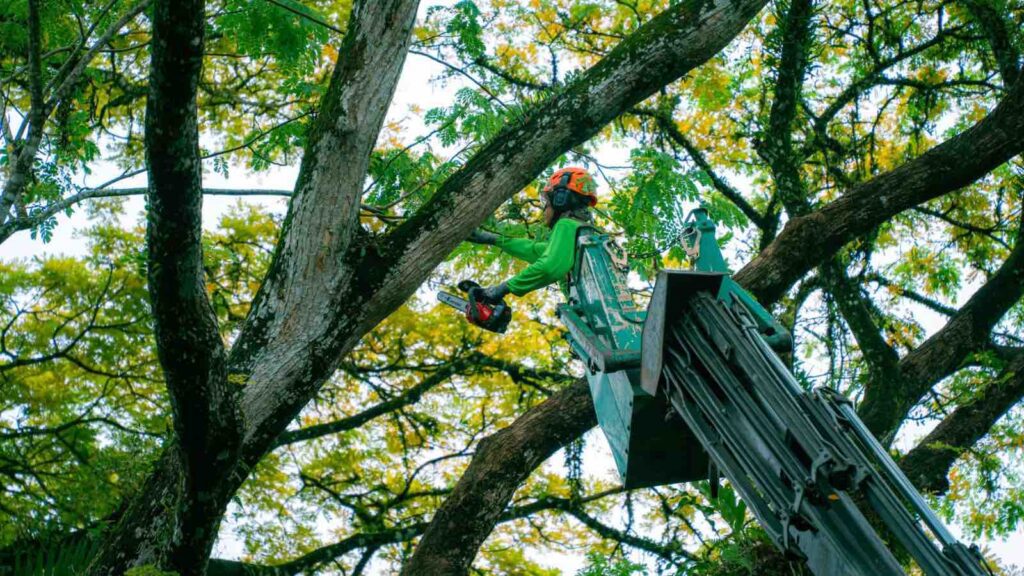NParks is partnering with Landscape Industry Association (LIAS) to co-lead a new workgroup that will develop Singapore’s first national standard on tree management and urban tree pruning practices.
As Singapore charts a new course in urban forestry, city planners and arboriculture experts are joining forces to codify best practices for tree care in tropical environments. On June 27, Minister of State Alvin Tan announced the formation of a dedicated workgroup to develop the nation’s first Code of Practice for Pruning of Trees in Tropical Urban Landscapes—a pioneering standard that will set the benchmark for Southeast Asia.
RELEVANT SUSTAINABLE GOALS


A Pioneering Code for Tropical Urban Trees
Urban tree pruning underpins the health, safety and longevity of Singapore’s greenery, yet until now practitioners have leaned on temperate-climate guidelines from Europe and the United States. Recognizing the gap, the National Parks Board (NParks) and the Landscape Industry Association (Singapore) (LIAS) will co-chair a 20-member workgroup—including representatives from HDB, JTC, town councils, private property owners, landscape firms and arboriculture professionals—to craft a locally tailored, science-based standard.
Over the second half of 2025, the workgroup will convene focus groups with key stakeholders to shape pruning and tree-management protocols suited to Singapore’s humid, tropical urban environment. Once a first draft is complete, the public will be invited to provide feedback. NParks and LIAS aim to publish the final code by mid-2026, ensuring industry practitioners nationwide have common guidelines that safeguard both tree health and public safety.
From Imported Guidelines to Local Best Practices
“Good and consistent pruning practices can improve the longevity of trees, and make them less vulnerable to pests, diseases, and potential failure,” said Minister Tan. Until now, Singapore’s tree care has largely followed standards designed for cooler climates—often misaligned with local species and weather patterns. The new national standard on tree pruning and management will fill that void, delivering industry-recognised best practices for tropical urban landscapes.
To NParks Group Director Oh Cheow Sheng’s knowledge, no other Southeast Asian city has formalised such a standard. Singapore’s initiative will therefore serve as a pioneering resource for neighbouring countries grappling with tropical tree care in densely built environments. By sharing a unified code of practice, the region can elevate the quality of urban forestry and protect valuable green assets.
Beyond pruning, NParks and LIAS plan to develop an accreditation scheme to monitor adherence to the new guidelines. They are also exploring standards for additional aspects of tree care, including inspection and ongoing maintenance. Through these efforts, Singapore aims to better support the long-term health of its urban canopy and maximize the environmental, social and economic benefits that mature trees provide to every resident.
You may also be interested in :
Urban Trees: A Critical Shield Against Rising Urban Heat, Report Finds




